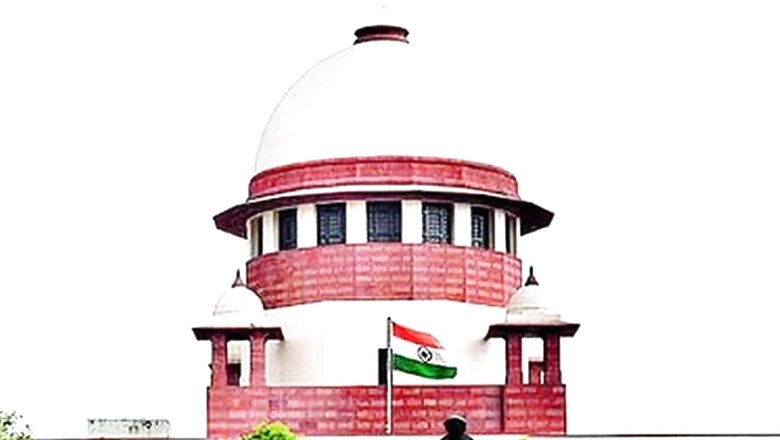
views
The Supreme Court will on Wednesday pronounce its judgment on a batch of petitions challenging various provisions of the Prevention of Money Laundering Act (PMLA), 2002, including the controversial twin conditions and admissibility of statements under Section 50 of the said Act.
News18 takes a look at the questions the judgment would answer:
Q.Is the special power of arrest granted to ED unconstitutional?
What petitioners say: It has been argued that PMLA disregards the accused’s constitutional rights vested under Article 14 and 21. Furthermore, Section 19 of the PMLA gives the financial watchdog unchecked power to arrest accused without informing them of the grounds of arrest and the evidence against them.
What Centre says: Defending the provision, the team of Centre’s lawyers led by SG Tushar Mehta has argued that there are higher thresholds and safeguards under Section 19, including power of arrest, only vested with a Director or Deputy Director rank officer, which places the ED official’s accountability on a higher pedestal than that of a police official. It also said that the statute mandates that grounds of arrest are informed to the accused. However, the material evidence on which these grounds are based is withheld owing to the seriousness of the offence.
Q.With burden of proof on accused, is it against his fundamental rights?
What petitioners say: It is argued that the reversal of the burden of proof is against the fundamental rights of the accused person vested under Article 14, 19, 20 and 21. Senior advocate Abhishek Manu Singhvi had argued that though the 2013 Amendment to Section 24 of the PMLA restored some balances by providing for the shifting of burden on the accused after the framing of charge, the same does not cure the vice of unconstitutionality.
He reasoned that bare perusal of reverse burden clauses under various other statutes mandates that the main ingredients of the offence are required to be proved first by the prosecution before the presumption can be raised against an accused. In the absence of such safeguards, such a presumption will be violative of the fundamental rights of the accused.
What Centre says: The Centre argued that constitutional validity of reversed burdens of proof in other special criminal legislations has been upheld by it in various judgments. It further argued that owing to the serious nature of the money laundering offences and the societal need to curb it, reversed burden laid down under Section 24 of the PMLA is justified.
Q.Can PMLA apply to offences which occurred before its own birth?
What petitioners say: It was argued that being a criminal law, the PMLA can’t be applied retrospectively as it is barred under Article 20(3) of the Constitution. It was stated that using the PMLA to prosecute accused persons for predicate offences, from which the laundered proceeds of crime originated, that took place before 2002 (when PMLA came into existence), would violate the said article of the Constitution.
What Centre says: Addressing the issue, Additional Solicitor General SV Raju argued that money laundering is a continuing offence. He argued that this offence is not a single act but a chain and does not conclude as soon as it began and it is for the said reason that even if the proceeds were generated before 2002, if the proceeds continued to be in the accused’s possession or use, the act of projecting them to be legal funds could continue past 2002.
Q.Do statements given to ED under Section 50 of PMLA snatch accused’s right against self incrimination?
What petitioners say: It was argued that Section 50 of PMLA violates the accused’s right against self-incrimination as it empowers the ED to record incriminating statements from an accused during questioning under the threat of being fined for withholding information. “Section 50 not only enables a confession or incriminating statement made in custody or otherwise to be proved against its maker but in fact extends to legally mandating that such a confession or incriminating statement be made under the threat of legal sanction or penalty or imprisonment,” said senior advocate Kapil Sibal.
What Centre says: It has been argued by ASG SV Raju appearing for the Centre that the right against self-incrimination is violated when an accused person is compelled to make statements against themselves to the police. He further stated that no formal complaint exists against the person questioned at the stage of Section 50 summons, which means, they are not yet accused. He also added that the statutory threat of a fine is not sufficient to compel an accused to incriminate themselves, highlighting that factors such as physical threats, psychic torture, atmospheric pressure and other intimidatory methods’ of interrogation constitute compulsion.
Q.Is ECIR similar to FIR? Can it be supplied to an accused?
What petitioners say: It has been argued that Enforcement Case Information Report ECIR) registered by the Enforcement Directorate and a First Information Report (FIR) is one and the same thing as they both contains information about the case against the accused. It was argued repeatedly by the petitioners that accused is entitled to a copy of the ECIR during the PMLA proceedings.
What Centre says: Defending the ED’s position, ASG SV Raju argued that unlike the FIR, which is registered under the Code of Criminal Procedure (CrPC), the ECIR is not a statutory document. He further added that the ECIR is an internal document for the ED and need not be furnished to the accused. Therefore, CrPC requirement of furnishing the FIR to the accused would not apply to the ED.
The judgment will be delivered by a bench headed by Justice AM Khanwilkar and also comprising Dinesh Maheshwari and CT Ravikumar, which had reserved the orders on March 15 after a marathon hearing of over one-and-a-half months.
The judgment is likely to have an effect on the ongoing investigations against various individuals, including former finance minister P Chidambaram, his son Karti Chidambaram, former Ranbaxy promoter Shivender Mohan Singh and others.
Read all the Latest News and Breaking News here











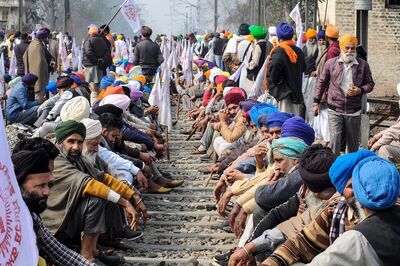

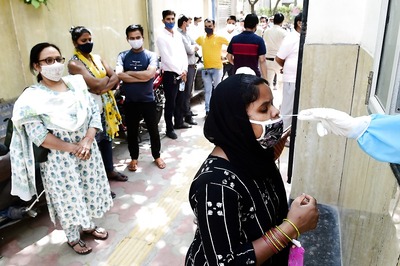
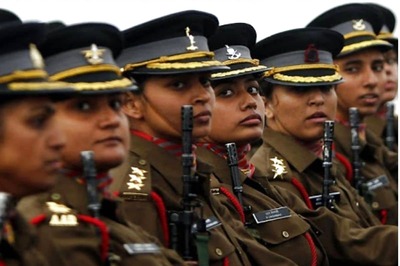
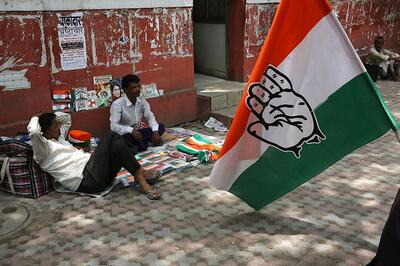
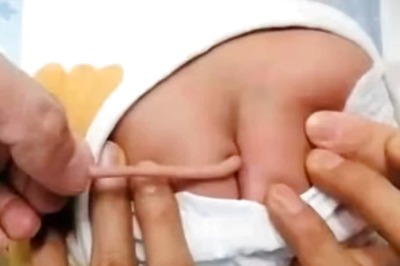

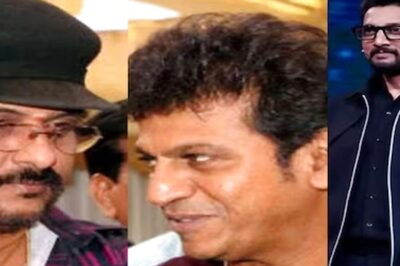

Comments
0 comment